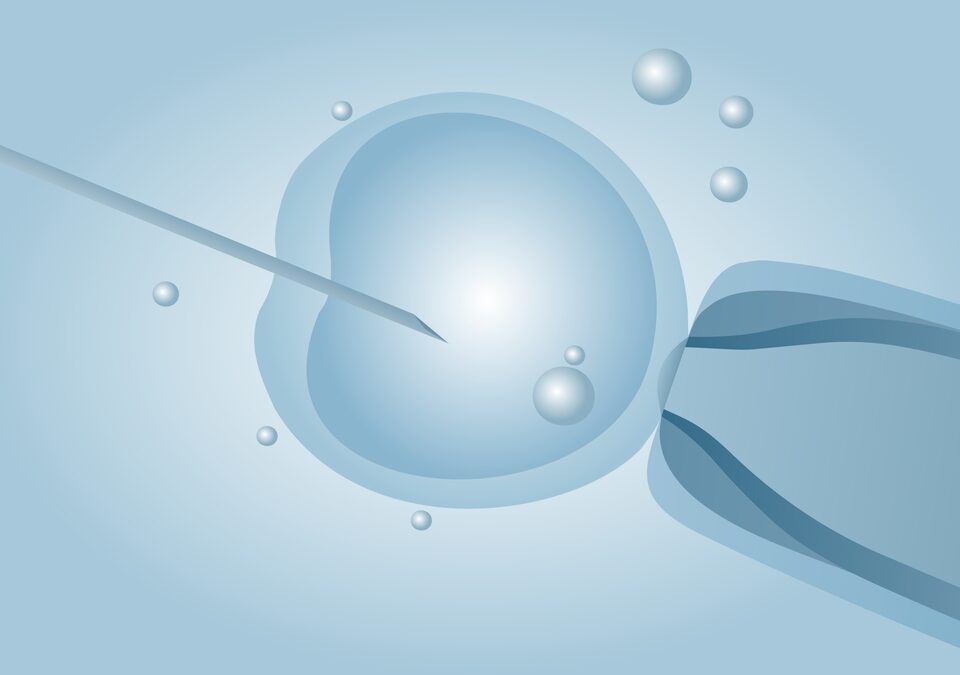Another groundbreaking ruling for gay parental rights
十月 11, 2016WHO classifies infertility as disability
十月 31, 2016CBS News recently explained there is “limited government oversight” in the sperm bank industry. Around the country, lawsuits have emerged for various reasons including lost frozen sperm vials, and even more recently, a donor who claimed to be a neuroscientist but in truth was schizophrenic and held no college degree.
According to reports, the FDA mandates that sperm donors be tested for a total of only eight diseases.
“No one regulates how sperm banks keep track of biological materials, or do genetic testing or other vetting of donors,” said CBS News.
Compare that with a typical egg donor cycle where the woman can be tested for more than 100 different medical conditions to determine if she is a carrier of diseases such as cystic fibrosis or Tay-Sachs. While sperm banks do have a questionnaire for donors, it appears that egg donor agencies raise the bar, requiring that their candidates complete a comprehensive profile covering personal information, employment, education, relationship status, traits and characteristics, prior donor history, medical and family history, current medications and more.
If a donor advances to the next phase of screening, these answers are checked and verified.
It’s customary for egg donor agencies to work in tandem with clinics that eventually approve or deny a donor based upon either their profile alone or to the combination of their profile and medical records. If approved, a candidate continues on to medical screenings to determine medical clearance eligibility.
In addition to medical and psychological screenings, in most cases, legal contracts are also drafted between the donor and intended parents.
Most agencies also respect ASRM (American Society for Reproductive Medicine) guidelines in not exceeding more than six cycles per donor.
Top-tier egg donor agencies provide intended parents with a variety of photos of their donors at different stages of life, including childhood, adolescence, and adulthood. Some agencies offer short videos of their donors so intended parents can view more than just images. They also welcome their donor candidates to submit photos of other family members.
Conversely, sperm banks are known to offer limited photos, which can make the decision making process more challenging for intended parents.
In light of these recent cases, sperm banks are being encouraged to evaluate their policies, practices and guidelines to help ensure more transparency. In the meantime, I would encourage prospective parents via sperm donation to look to the egg donation field for best practices and insist that your chosen sperm donor be held to the same.



